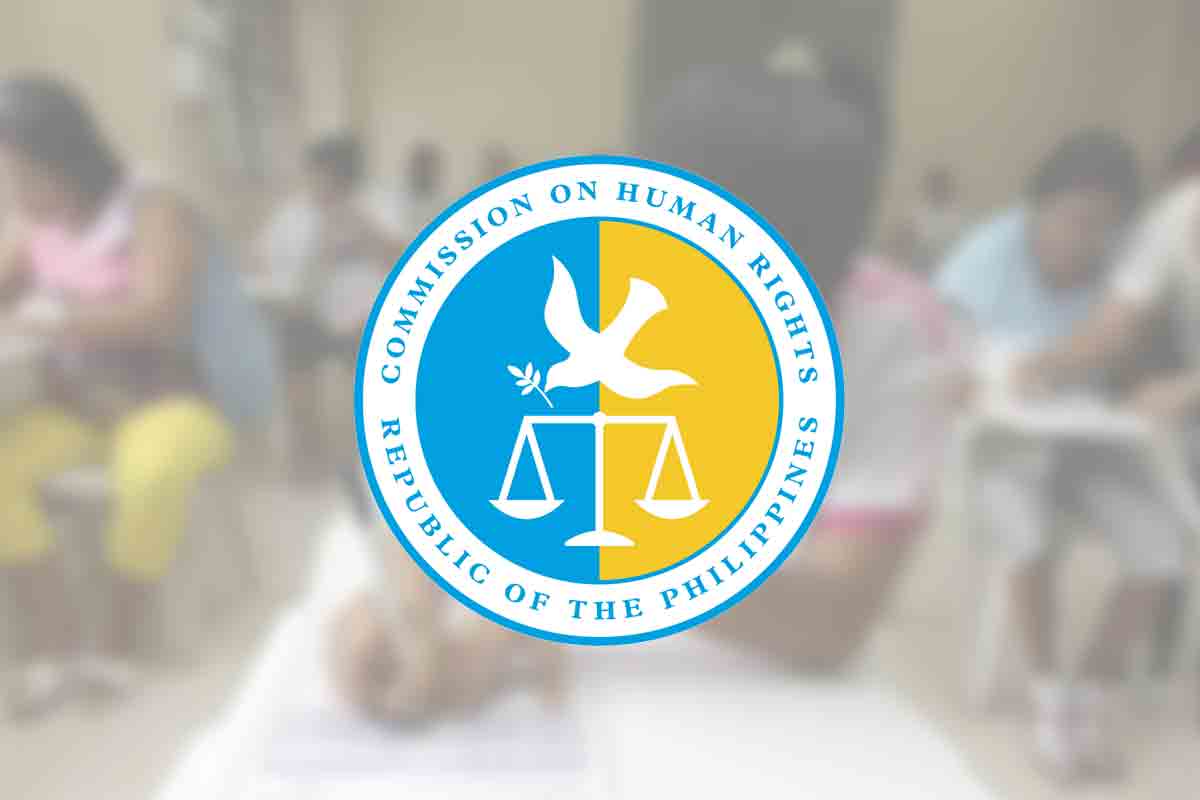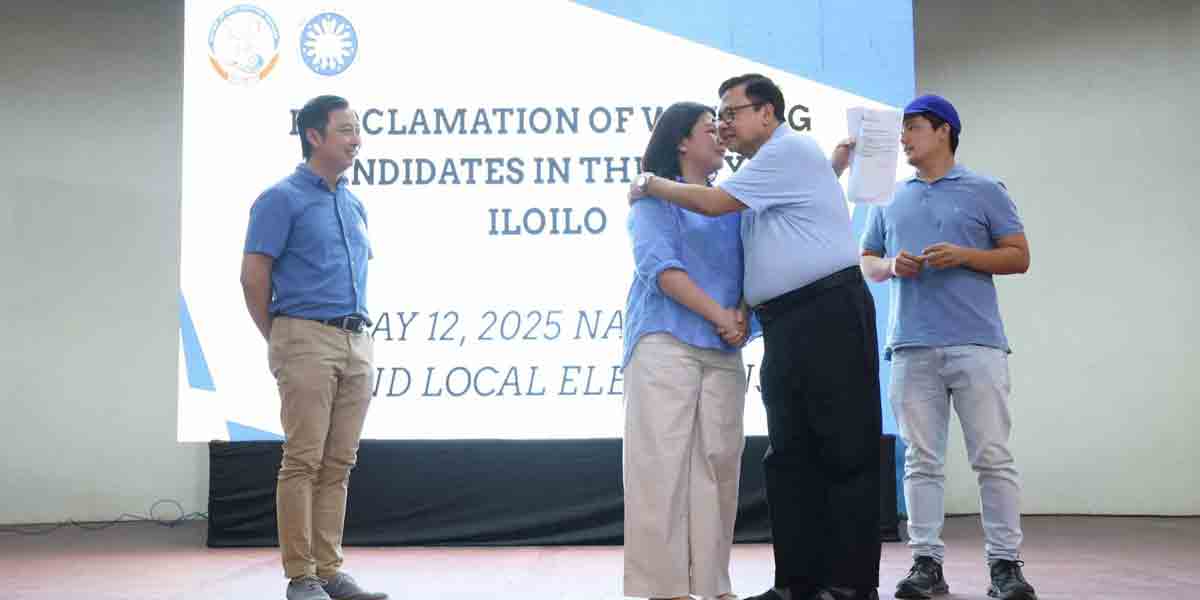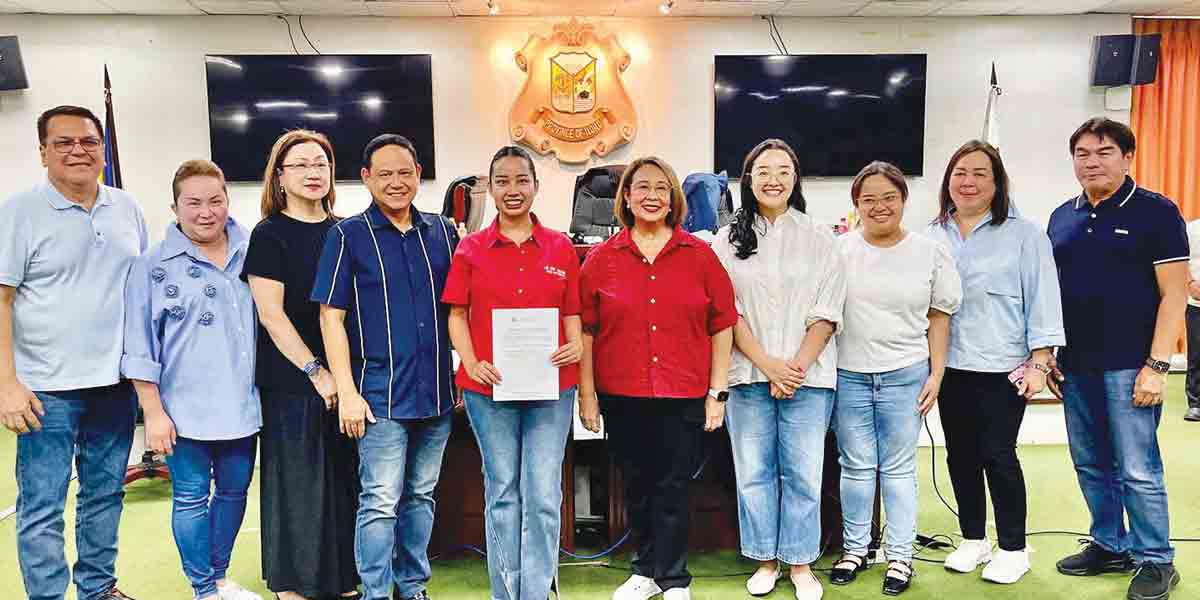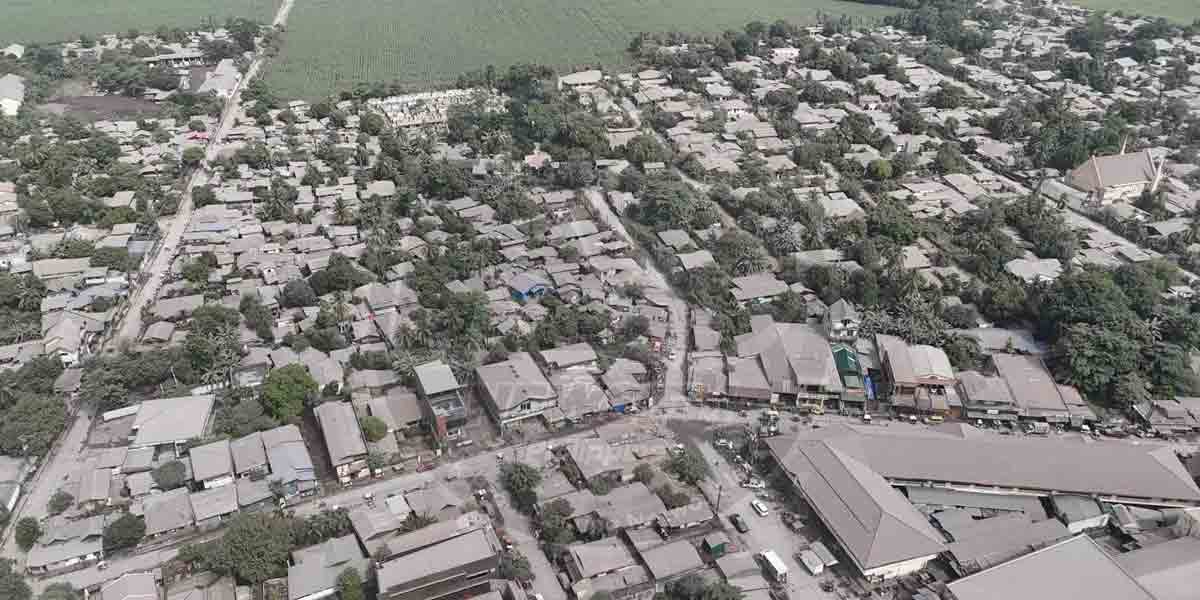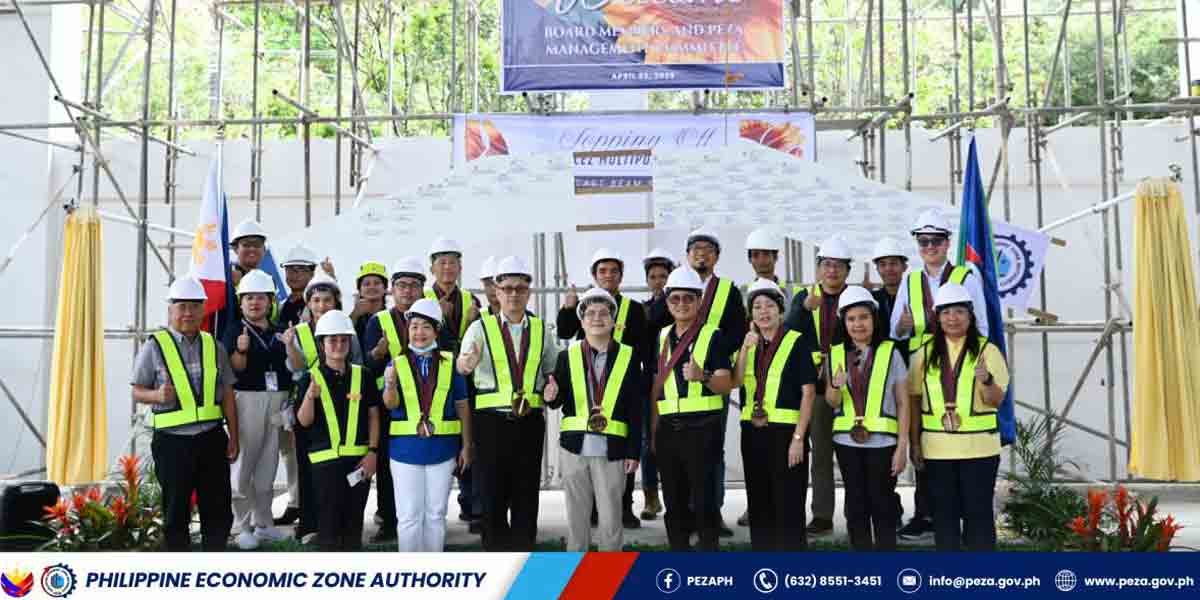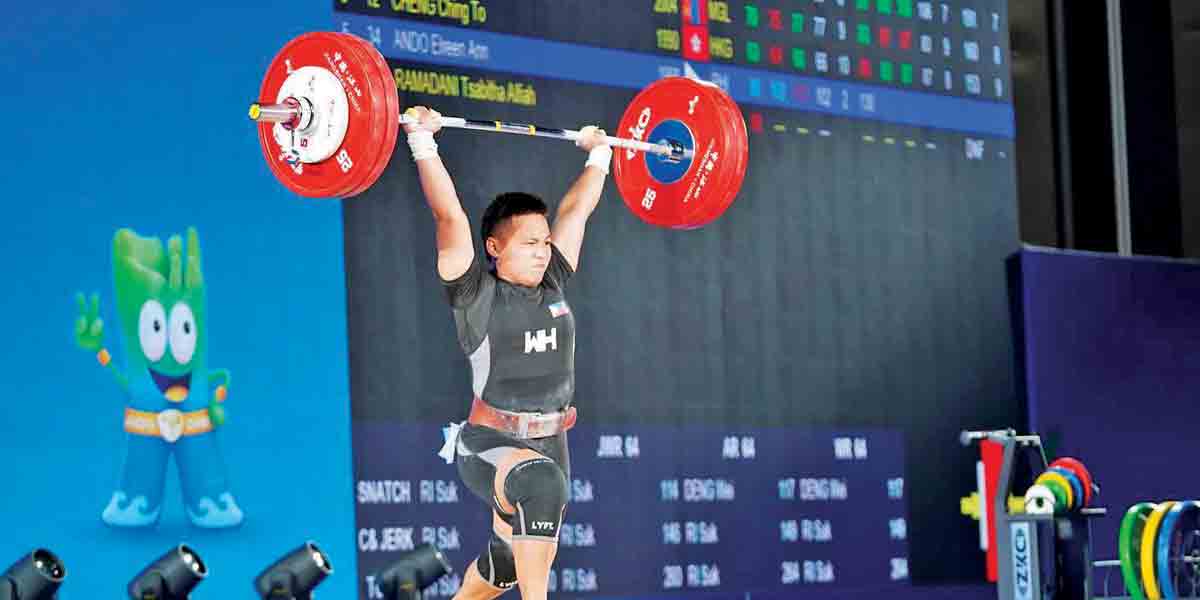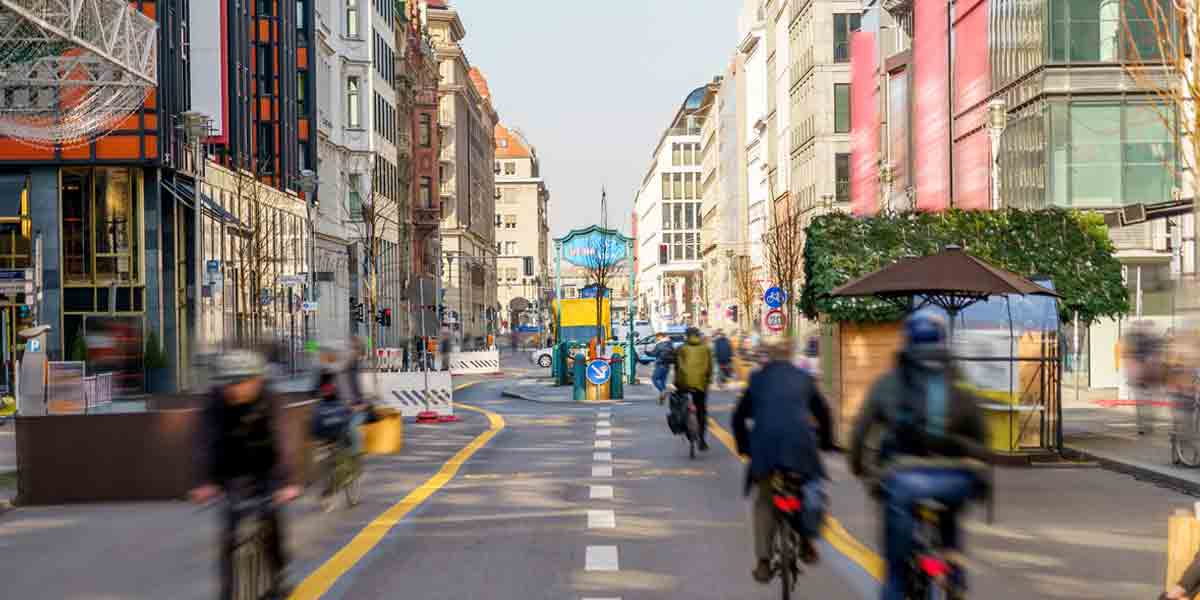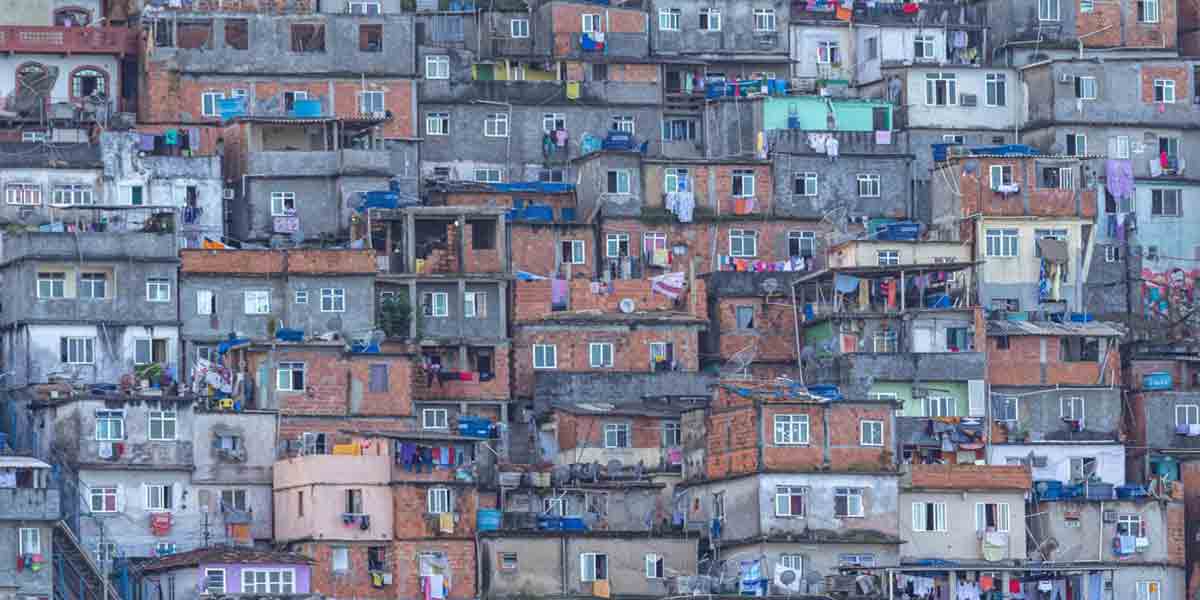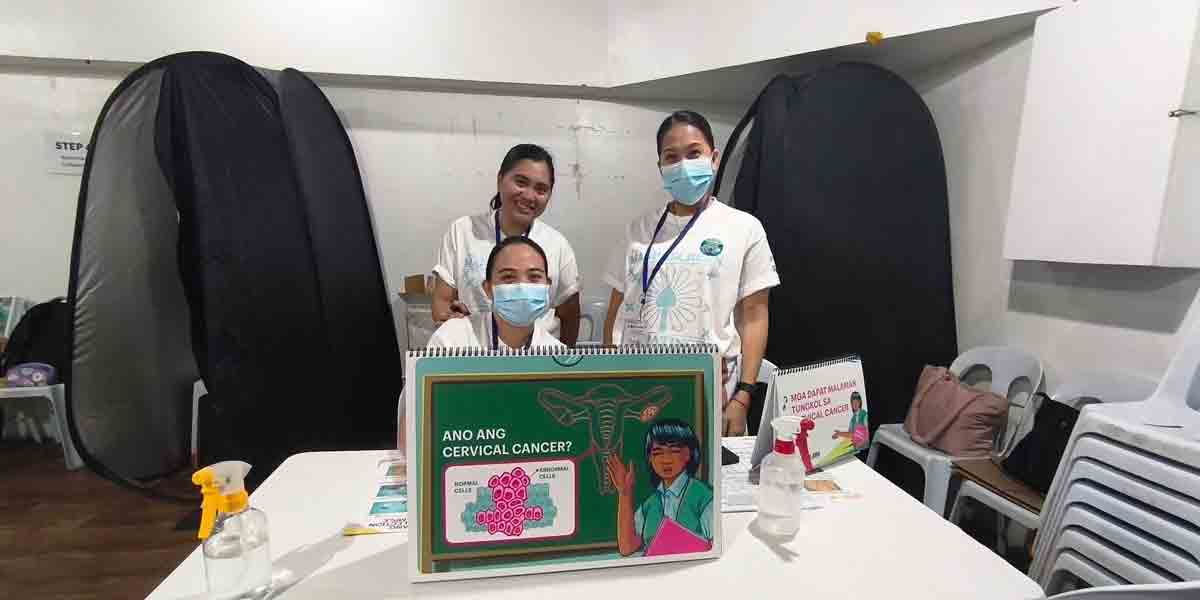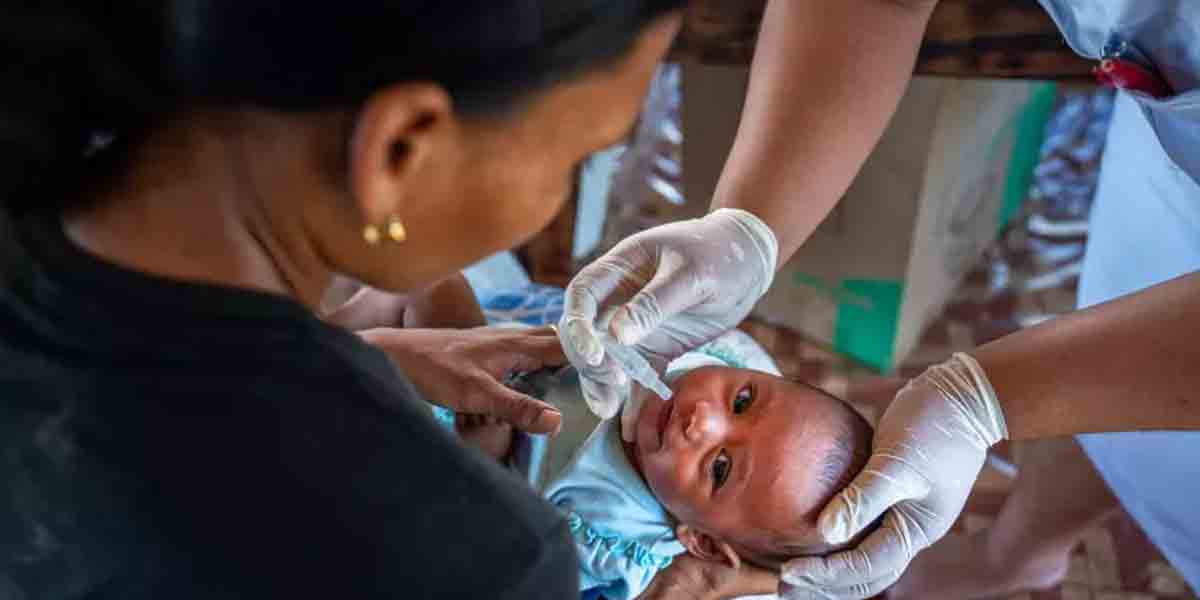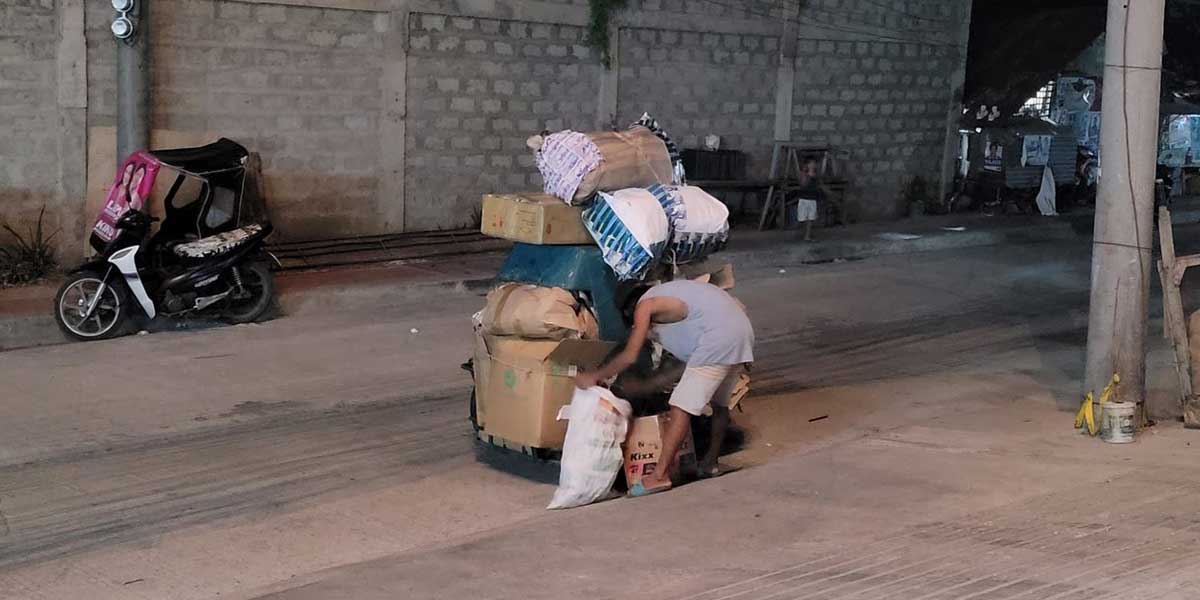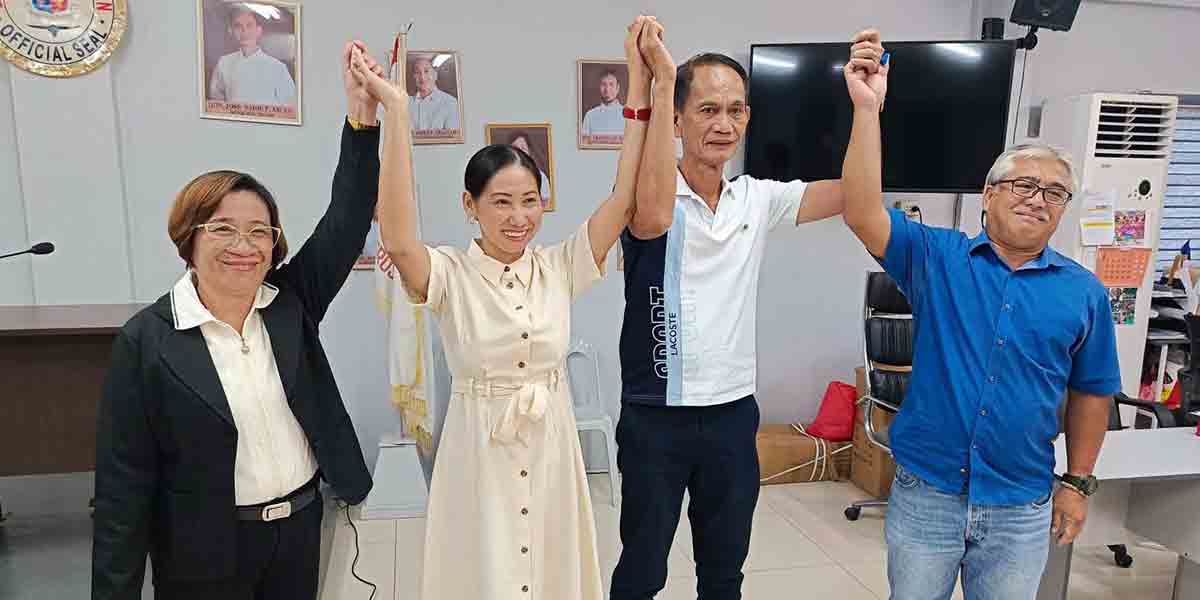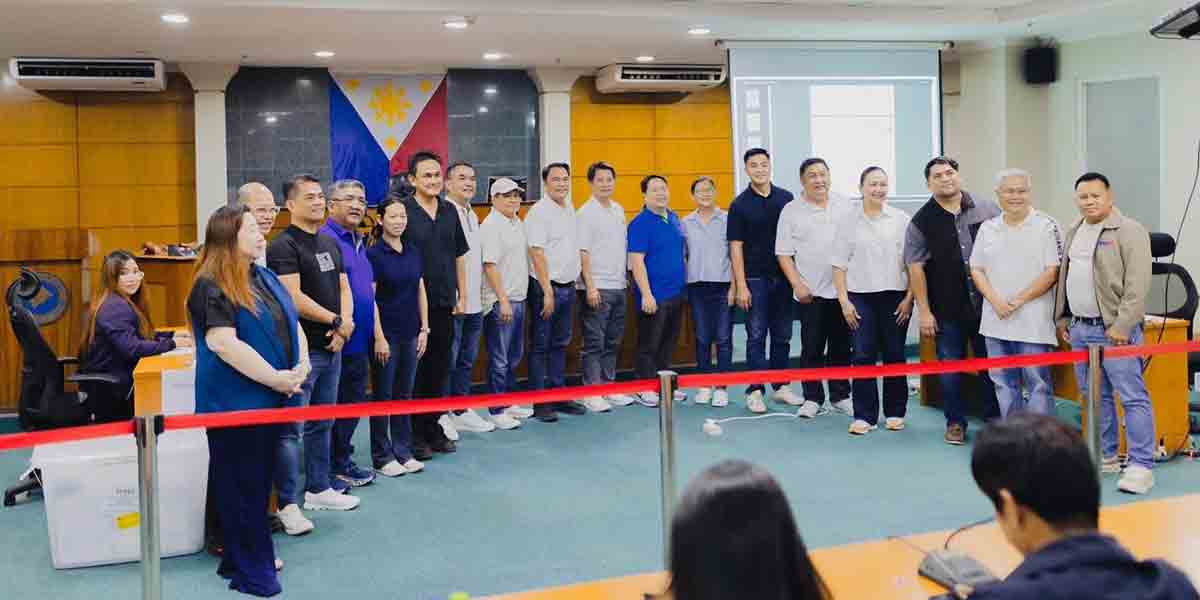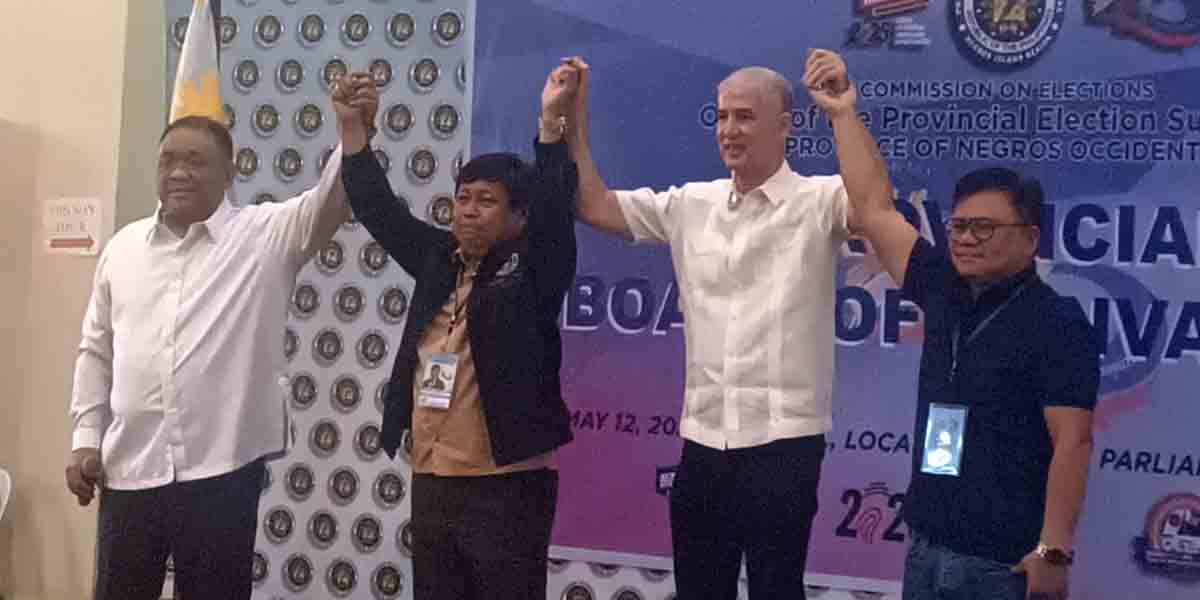The Philippines reaffirmed its commitment to accelerating green investments across Southeast Asia during the launch of the ASEAN Green Investment Catalyst (AGIC) on April 21, 2025, held on the sidelines of the 81st Session of the United Nations Economic and Social Commission for Asia and the Pacific (UNESCAP).
Board of Investments (BOI) Governor Marjorie O. Ramos-Samaniego represented the Philippines at the AGIC launch, a regional initiative funded by the ASEAN-UK Green Transition Fund.
The initiative is designed to boost sustainable finance and catalyze green projects in ASEAN economies.
Governor Ramos-Samaniego highlighted the country’s readiness to attract and host investment-ready green projects, citing critical policy reforms that position the Philippines as a rising hub for smart and sustainable industries in the region.
“The Philippines is committed to becoming a regional hub for green and smart industries,” Ramos-Samaniego said.
She emphasized the significance of Executive Order No. 18, which established Green Lanes for Strategic Investments to streamline and automate procedures for environmentally aligned projects.
“This landmark reform ensures that green investments can navigate a faster, clearer path through our regulatory system,” she added.
The creation of Green Lanes has been welcomed by both local and foreign investors as a move to reduce red tape and provide greater transparency and predictability in doing business in the country.
Under the order, strategic green investments are prioritized and processed through one-stop shops within key government agencies.
The Philippines is also working to enhance its renewable energy infrastructure and green transport networks, providing opportunities for investments in solar, wind, electric vehicles, and sustainable urban development.
During the same event, Philippine Ambassador Millicent Cruz Paredes, Permanent Representative to UNESCAP, announced that the Philippines will host the ASEAN Investment Forum in 2026.
“As incoming ASEAN Chair in 2026, the Philippines will work closely with Malaysia, fellow ASEAN Member States, and partners like the UK to channel investments into projects that protect both people and planet, build green cities, and fuel long-term prosperity,” Ambassador Paredes said.
The upcoming forum is expected to serve as a platform for aligning ASEAN’s sustainable development goals with global financing trends and private sector collaboration.
The AGIC launch signals a strengthened ASEAN-UK cooperation, with the UK Green Transition Fund supporting efforts to meet the region’s climate goals and economic development ambitions.
BOI noted that the Philippines is already reaping the benefits of early green investment reforms.
In 2024, the agency registered PHP 414 billion in investment pledges for renewable energy and green infrastructure—nearly double the figure from the previous year.
Green manufacturing, sustainable agri-business, and climate-resilient housing were among the key subsectors targeted by investors.
BOI officials said the continued promotion of green investment is aligned with the country’s medium-term development plan, which aims to grow the economy while reducing environmental impact.
The Philippines is also scaling up cooperation with international partners to secure funding for sustainable infrastructure and expand public-private partnerships (PPPs) in the green economy.
At the regional level, ASEAN has prioritized climate-resilient and low-carbon economic growth as a central tenet of its post-pandemic recovery strategy.
The AGIC platform supports this vision by identifying bankable projects, matching them with investors, and sharing policy best practices across member states.
With climate risks such as rising sea levels, intensifying typhoons, and rising temperatures threatening the region’s economies, Philippine officials stressed that investment-led climate action is no longer optional.
“We must ensure that sustainability is not a niche—but a norm—for future investment in ASEAN,” Ramos-Samaniego said.
She added that economic competitiveness and environmental resilience can go hand in hand, provided that countries adopt a coordinated approach toward sustainability-focused development.
The UNESCAP event gathered regional economic ministers, environmental advocates, and development partners to build momentum for sustainable development financing in Asia and the Pacific.
For the Philippines, this marks another milestone in its evolving leadership on climate-aligned economic growth.
As it prepares to assume the ASEAN Chairmanship in 2026, the government is expected to prioritize regional green cooperation, sustainable urban planning, and the expansion of green industries as central pillars of its agenda.

